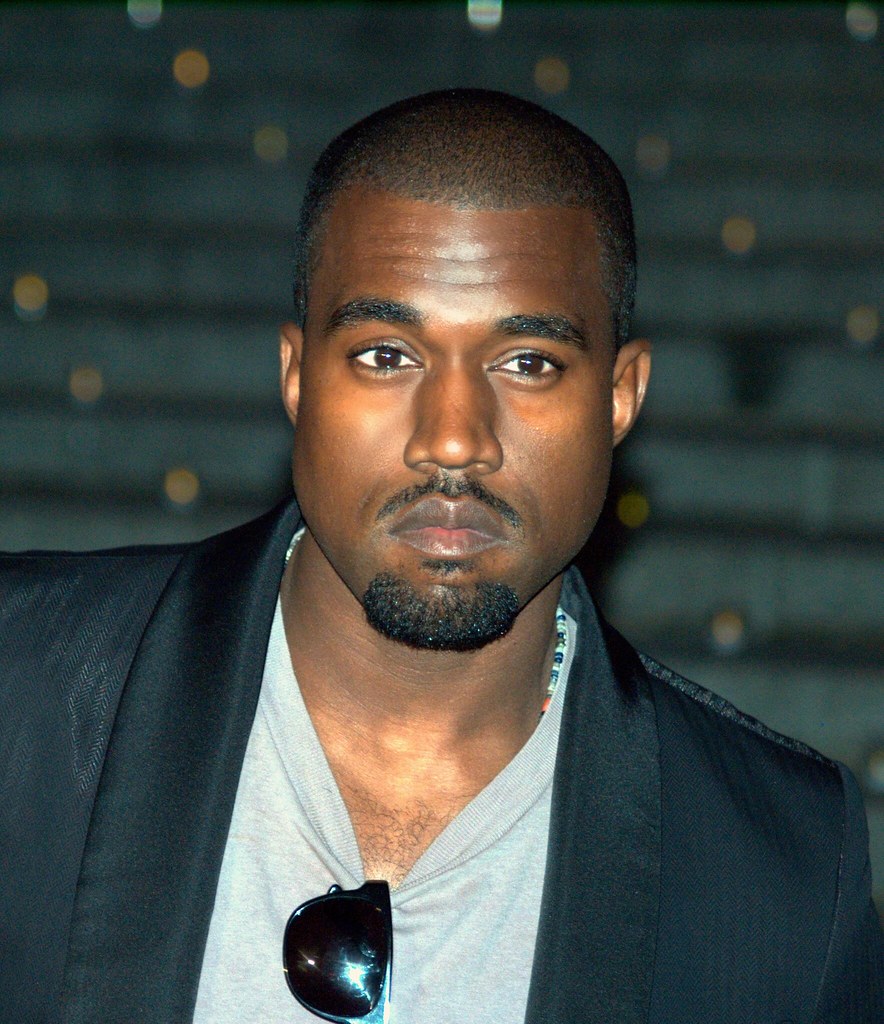“What’s an unpopular opinion you have?”
That was the question a friend and I were asking students roaming around campus early last week. We received lots of different answers covering a wide variety of topics; some said they wanted an article on Hawaiian pizza, while others wanted me to cover topics as controversial as abortion and the war in the Middle East. The majority, however, said this: “I like Kanye’s music.”
Kanye West, also known as Ye, has become one of the most divisive artists in recent history. Last year, he made headlines by spewing anti-Semitic rhetoric on social media and in different media outlets. His comments inevitably sparked outrage from the public, and he was ousted as a conventionally accepted artist almost instantly. Yet even after making his wildly problematic thoughts known, many people still consistently listen to his music and praise him as our generation’s finest musician.
Separating an artist from their art has long been a complicated issue. Since as early as 1978, the year Roman Polanski fledAmerica to avoid being sentenced for a sexual assault case, the public has struggled with trying to find enjoyment in a troubled person’s work. In recent years, it’s become an increasingly difficult feat, with a seemingly endless list of notable figures being shunned for dishonorable acts and comments.
To some, listening to West’s music is a metaphorical way of fueling his fire. Supporting his platform and art, by default, gives him the ability to sway the opinions of many, which could clearly lead to potentially harmful actions. To a certain extent, I feel this is true; but the biggest difference is that Kanye’s art — along with Polanski’s — doesn’t necessarily push any hateful or dangerous rhetoric. This fact leads me to believe that in these cases, and many others over the past few decades, it’s possible to separate the artist from their art.
I’d like to make this clear: I, in no way, shape or form am defending the actions of any individuals mentioned above. I find Kanye’s comments disgusting and highly offensive, and there’s no defending his words. With that being said, I can still look at Kanye’s albums as art separate from the artist, and find enjoyment in those songs, mainly because his abhorrent beliefs aren’t reflected in his lyrics. Similar to how we can still find enjoyment in movies such as “Chinatown”; it’s a film that does cover sensitive topics like sexual abuse and murder, but those who indulge in these acts are clearly portrayed in a negative light.
While I still subscribe to the belief that you could enjoy a piece of art from a problematic figure, I do find certain things difficult to watch with hindsight. Certain pieces try to sway the public’s interpretation of a clearly immoral individual, and that falls under the umbrella of propaganda and leads to almost non-consumable work.“The Cosby Show,” for example, tries to make its titular character a likable, everyman-type father when, in reality, it was created by and starred a personwho is a serial rapist. Shows, films and albums created by problematic artists that try to push a blatantly untrue representation of themselves are much harder to enjoy than pieces that aren’t pushing an agenda.
It is likely that this issue will continue to divide people for years to come. I wholeheartedly understand where those on the other side of this argument are coming from, and I do sometimes feel guilty when I find enjoyment in something created by a horrible person. However, I feel it’s important to look at pieces of art individually and as separate from their creators, so long as they don’t openly push a hateful or untrue message. Good albums, movies and television shows should be viewed as their own things; they shouldn’t be punished if the people behind them did something wrong. Art can be objectively well-made, and this is something we should keep in mind when this argument inevitably comes into the limelight again.
Michael Perrone can be reached at [email protected].



















